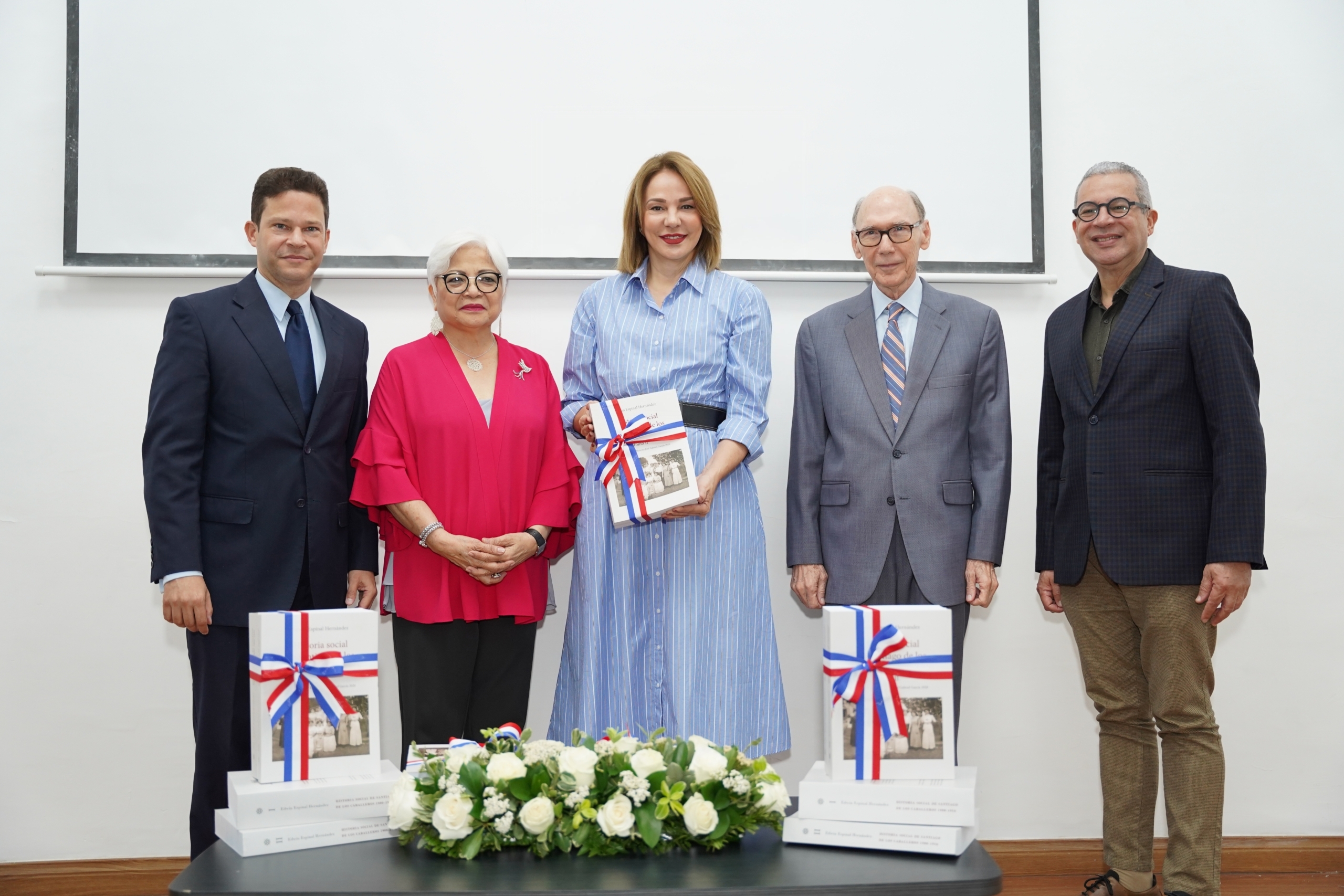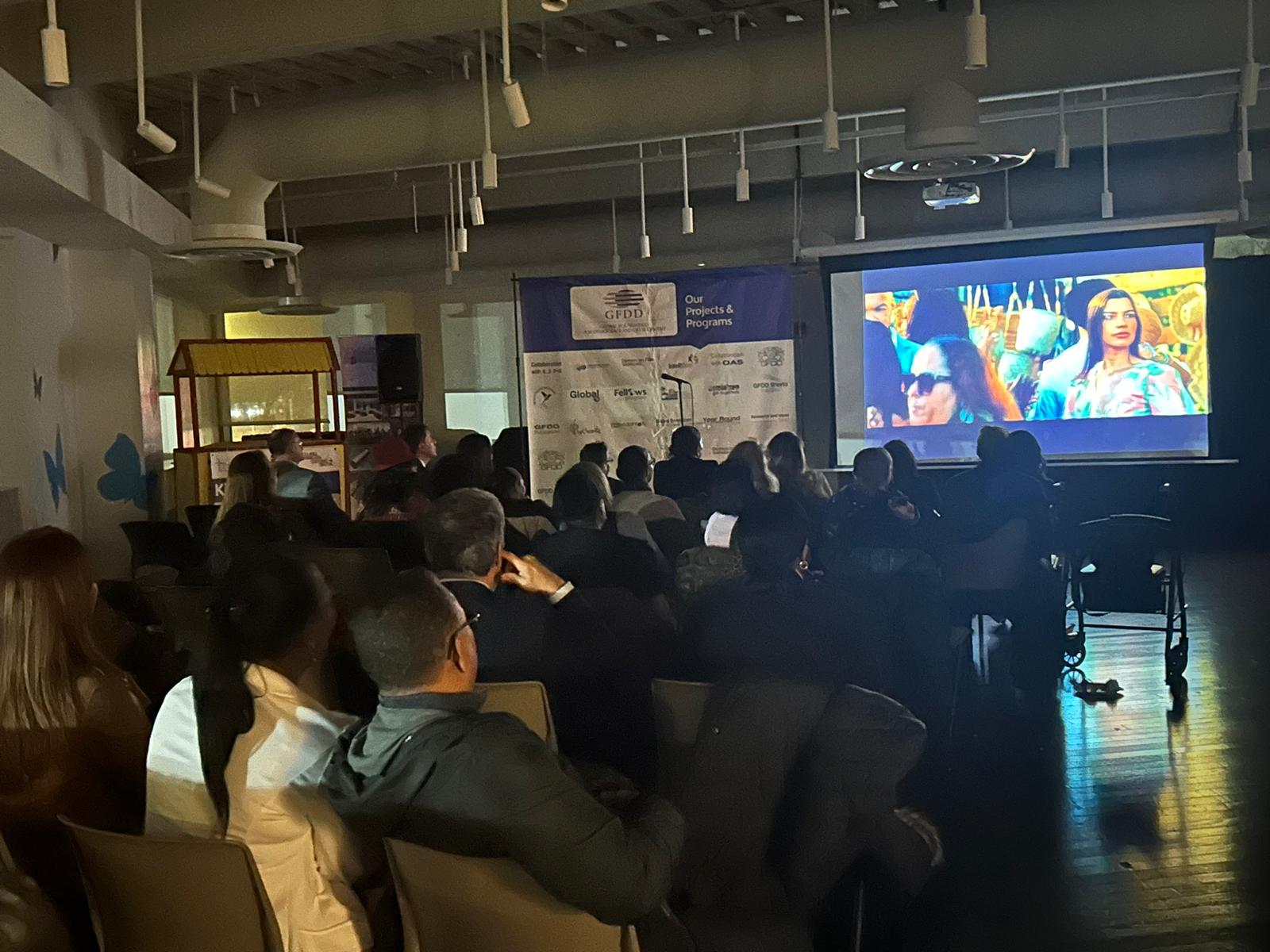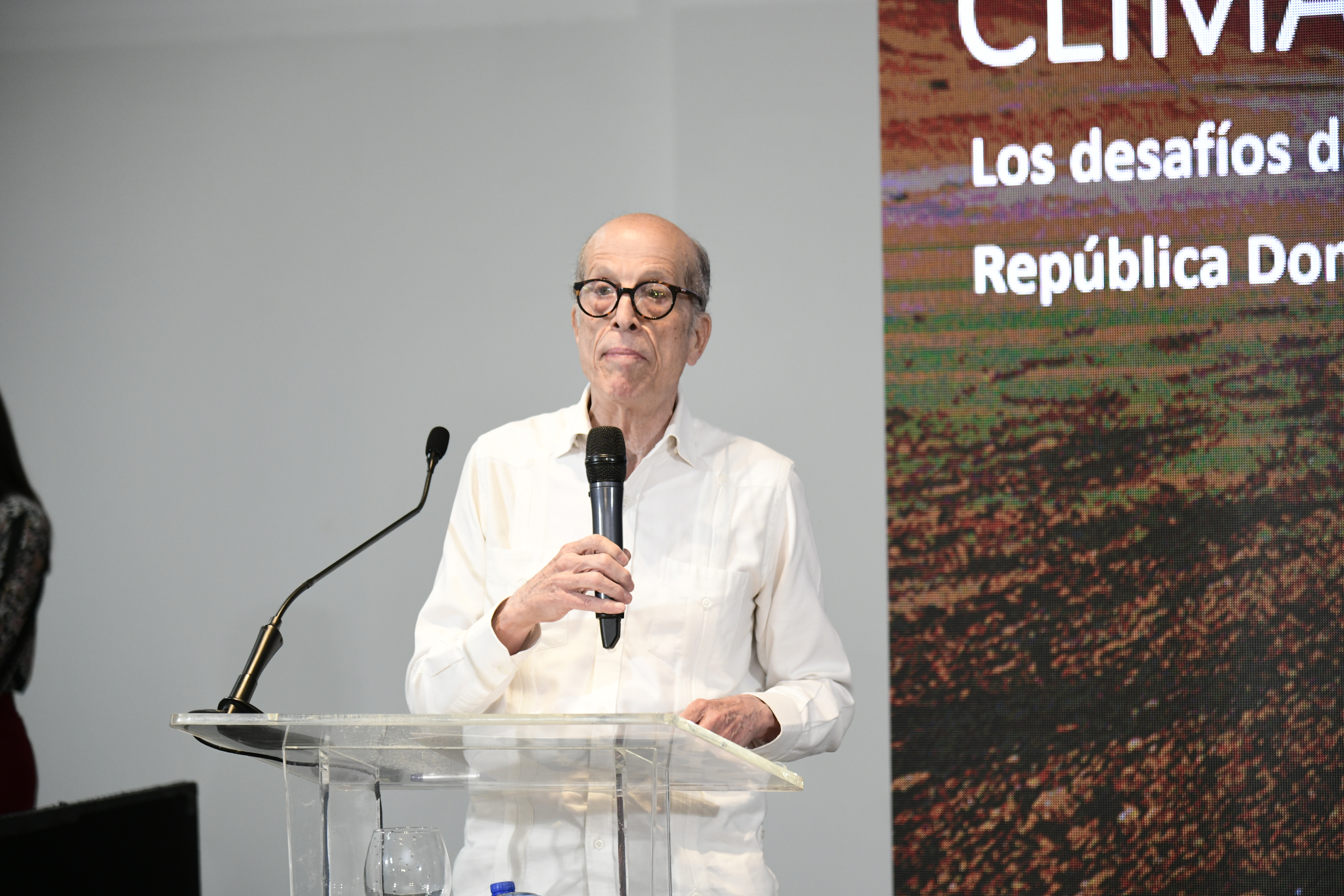Ministers Presented Cultural Policy Plan for Central America – DR Integration (2012-2015)
 | Ministers Presented Cultural Policy Plan for Central America – DR Integration (2012-2015) T he Dominican Republic and Central America, while moving forward with their profitable economic integration initiatives such as the Free Trade Agreement, advance in their cultural and educational integration through important arrangements and cooperative agreements. One of the main proposals to achieve this objective is the 2012-2015 Cultural Policy of Integration in Central America, a collective exercise that specifies which area in the field of culture the countries will act upon in their respective territories, through the Council of Ministers and the Directors General of Culture, by way of its Secretariat, the Central American Educational and Cultural Coordination of the Central American Integration System (CECC/SICA for its acronym in Spanish). The release of this document took place within the framework of the 32nd Regular Meeting of the Council of Ministers of Education and Culture of the Central American Educational and Cultural Coordination (CECC/SICA), an event that took place in the Dominican Republic on June 6 to 8, and which was attended by 26 ministers and dignitaries from countries and multilateral organizations. At the head table sat the Secretary General of the CEEC/SICA and Secretary of Culture of El Salvador, María Eugenia Paniagua; the Minister of Culture of the Dominican Republic, José Antonio Rodríguez, and the Ambassador of Spain in the Dominican Republic, Jaime Lacadena. The welcoming remarks were offered by Minister José Antonio Rodríguez. Then, Ambassador Jaime Lacadena delivered some remarks and he then gave the floor to María Eugenia Paniagua to present the document. The design and implementation of this policy is based on the need to build a cultural management institutional system that contributes to the overall development of Central America as a regional cultural space, in particular in those countries, territories, groups and local communities that are socially disadvantaged, through the promotion of human and institutional capacities in the Culture Sector. Its guidelines revolve around the following subjects: the Central American identity, the promotion of cultural knowledge, a culture of peace, and the achievement of a shared Central American vision. In addition, the objective of implementing these policies is to guarantee the social and institutional management of the diverse expressions of the Central American common cultural heritage in order to ensure their ownership and safeguarding; to promote the development of communications media and the capabilities of the regional cultural expressions; and to promote the full exercise of active citizenship through the implementation of cultural rights. Likewise, the intention is to build institutional capacities to ensure the effective functioning in the formulation processes, to promote the responsible development of cultural and creative industries, and to strengthen the processes of awareness, research, advocacy, and teaching and learning of the diverse cultural expressions of the region. The document states that Central America “has established itself as a regional cultural space where all forms of human rights are respected, where the diversity of cultural expressions is valued, that the countries of the region dedicate at least 3% of their budget to the development of the culture sector, where the human rights of their citizens are fully guaranteed, and where social violence has successfully decreased and public space is used and creatively and safely owned on a daily basis.” It further states that, in the region “cooperative relations exist in society to ensure the activities leading to social transformation to improve the quality of life of the individuals; that citizens actively participate in the area of public decisions; that there is a Central American common market for cultural goods and services, and that the inclusion of cultural and creative industries has been achieved on an international scale.” “The purpose of the Cultural Policy of Integration in Central America (CPICP) is to build an institutional system of cultural management with a territorial approach to strengthen the public perspective of culture and to consolidate a model of consensus-building and cultural management in line with the challenges of improving the living conditions of the inhabitants of the Central American region while, at the same time, strengthening the cultural sector because to its potential to contribute to these purposes,” it proposes. |

Related News
-

(Versión en español) El agroturismo diversifica la oferta turística dominicana
-

(Versión en español) Cultura pone en circulación obra ganadora del Premio Anual de Historia 2020
-

The Dominican Film Showcase Celebrates the Presentation of "Colao 2"
-

(Versión en español) Inauguración de la XII Feria Semana de la Geografía 2024
-

Dominicanos en Grandes Ligas
Las ultimas noticias/novedades de lo que acontece con los Dominicanos en las Grandes Ligas durante toda la temporada 2019.

